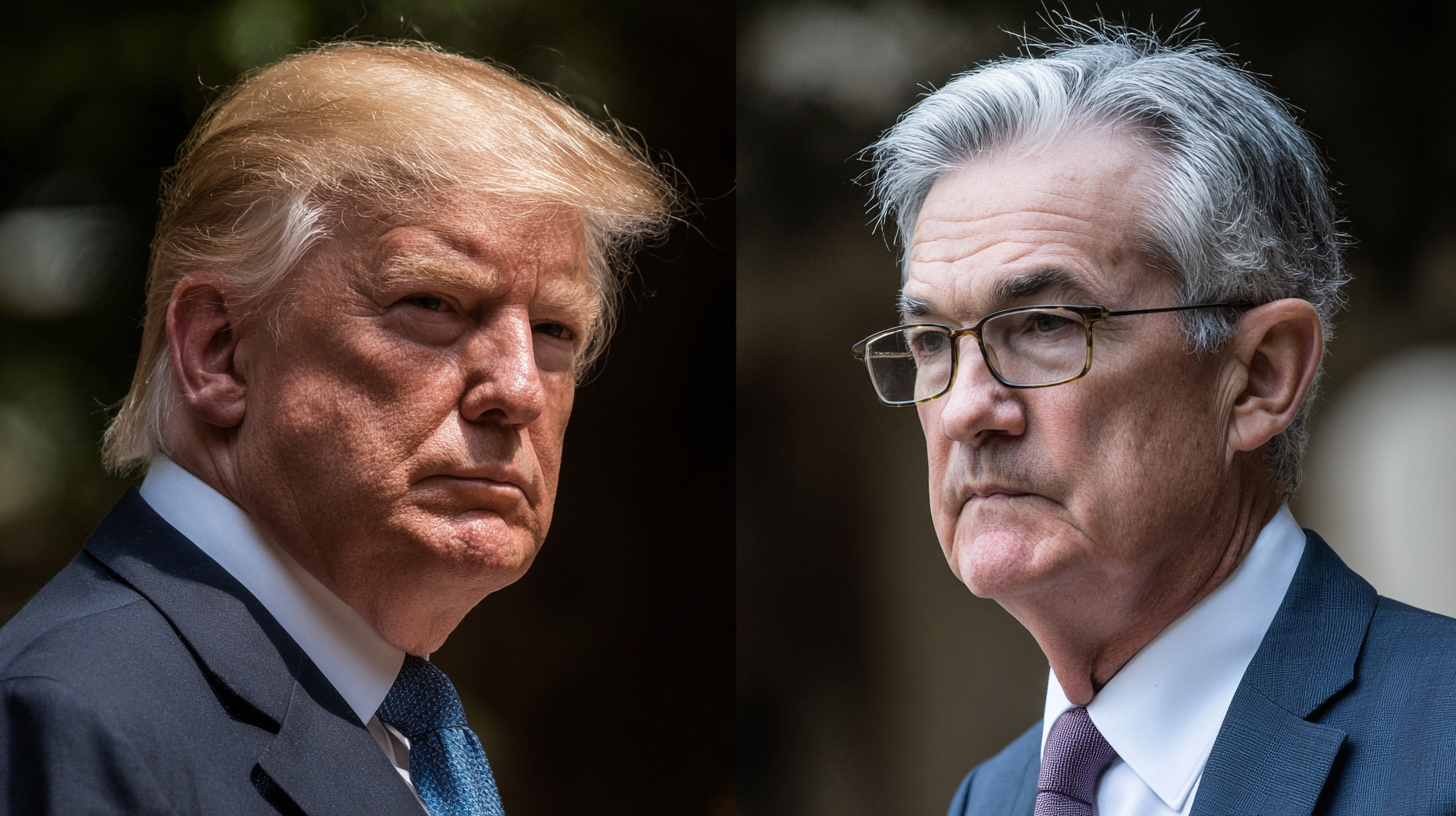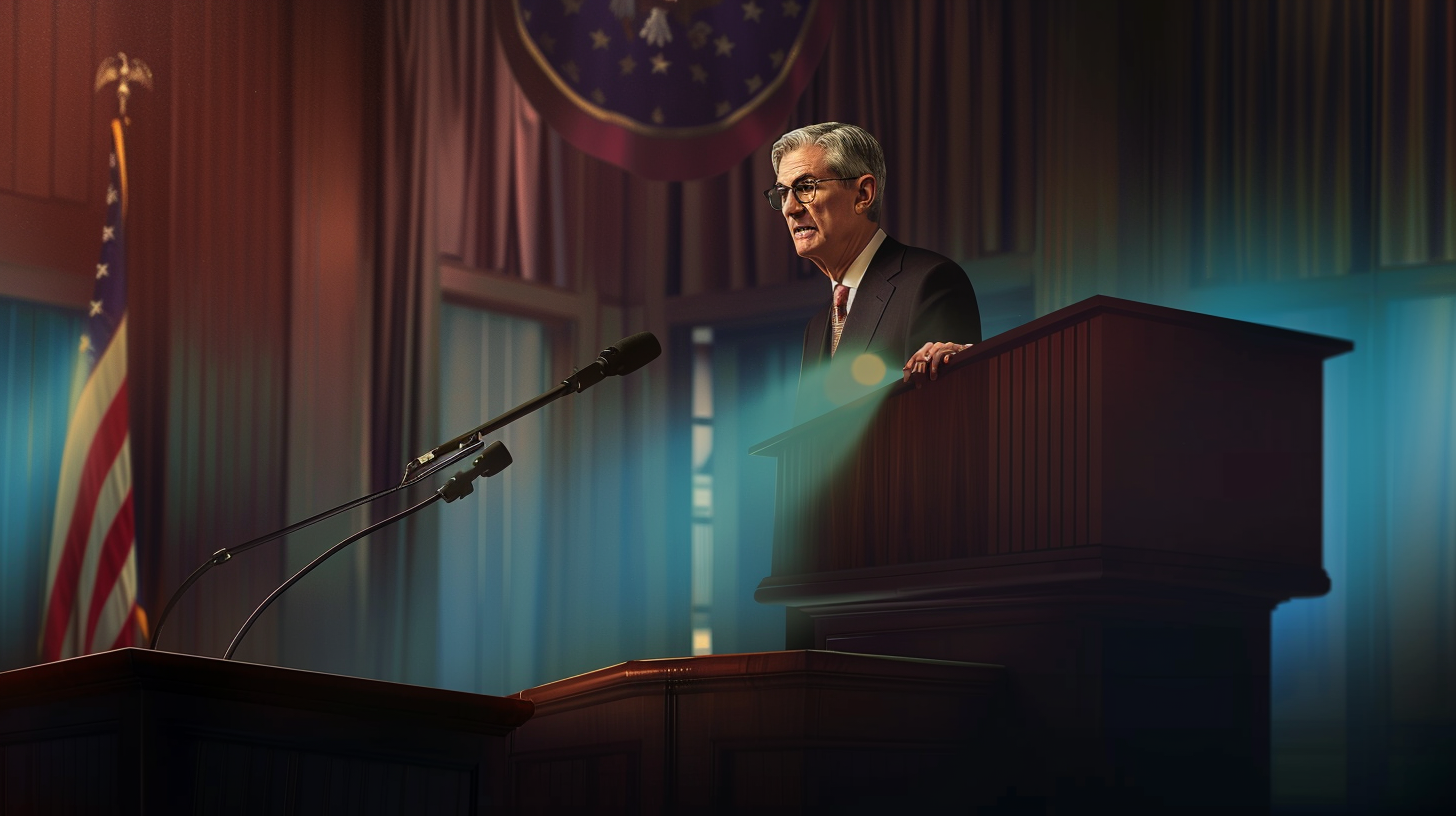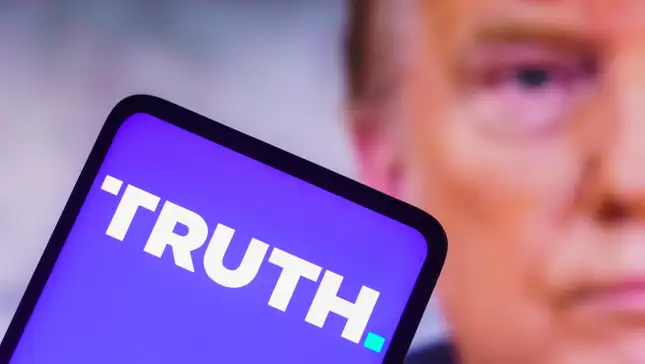Federal Reserve Chair Jerome Powell revealed Sunday that the U.S. Department of Justice has issued grand jury subpoenas to the Federal Reserve, opening a case that could potentially lead to a criminal indictment against him. The development marks a dramatic escalation in tensions between the central bank and the Trump administration, with Powell characterizing the move as part of an ongoing pressure campaign over interest rate policy.
According to Powell, the subpoenas are tied to his testimony before the U.S. Senate Banking Committee in June, where he addressed scrutiny surrounding cost overruns in the Federal Reserve’s headquarters renovation project. Powell has consistently disputed claims that the renovation involved luxury features or legal violations, stating that public reports and political accusations have been inaccurate and misleading.
In a recorded statement released Sunday night, Powell suggested the DOJ’s action goes beyond a factual dispute over his testimony. Instead, he framed the case as a response to the Federal Reserve’s refusal to align interest rate decisions with political demands.
“The threat of criminal charges is a consequence of the Federal Reserve setting interest rates based on our best assessment of what will serve the public,” Powell said, “rather than following the preferences of the President.”
Powell emphasized that the issue at stake is whether monetary policy will continue to be guided by economic data and evidence, or whether it will be shaped by political pressure and intimidation. He defended his tenure at the Fed, noting that he has served under both Democratic and Republican administrations and has consistently followed the Fed’s congressional mandate to promote maximum employment and stable prices.
The DOJ subpoenas come after months of increasingly public conflict between Powell and President Trump. The president has repeatedly criticized the Fed for not cutting interest rates aggressively enough, despite the central bank beginning to ease policy in late 2025. After holding rates steady for much of the year, the Fed implemented three quarter-point rate cuts in September, October, and December, bringing the benchmark rate to a range of 3.5% to 3.75%.
The dispute has also centered on the Federal Reserve’s headquarters renovation in Washington, D.C. Trump has accused Powell of mismanagement and suggested the project’s cost ballooned to more than $3 billion — a figure Powell disputes. In July, Trump made a rare visit to the Fed’s headquarters, publicly clashing with Powell over the scope and cost of the renovations.
Powell testified to lawmakers that there were no luxury additions such as special elevators, rooftop gardens, or water features, countering allegations from administration officials that the project was “ostentatious” or unlawful.
President Trump told NBC News Sunday night that he was unaware of the DOJ probe. However, he reiterated criticism of Powell’s leadership, arguing that interest rates remain too high. When asked whether the investigation was intended to pressure the Fed, Trump denied the suggestion.
Market analysts warn that the case could have broader implications. Krishna Guha of Evercore ISI described the situation as an unprecedented confrontation, noting that how policymakers, investors, and Congress respond could determine whether Federal Reserve independence remains firmly protected.
The Justice Department has not publicly commented on the subpoenas. For now, Powell says he intends to continue leading the central bank as confirmed by the Senate, warning that the use of criminal investigations in monetary policy disputes could undermine institutional credibility.
“Public service sometimes requires standing firm in the face of threats,” Powell said, as the case places the Fed at the center of a historic legal and political clash.









